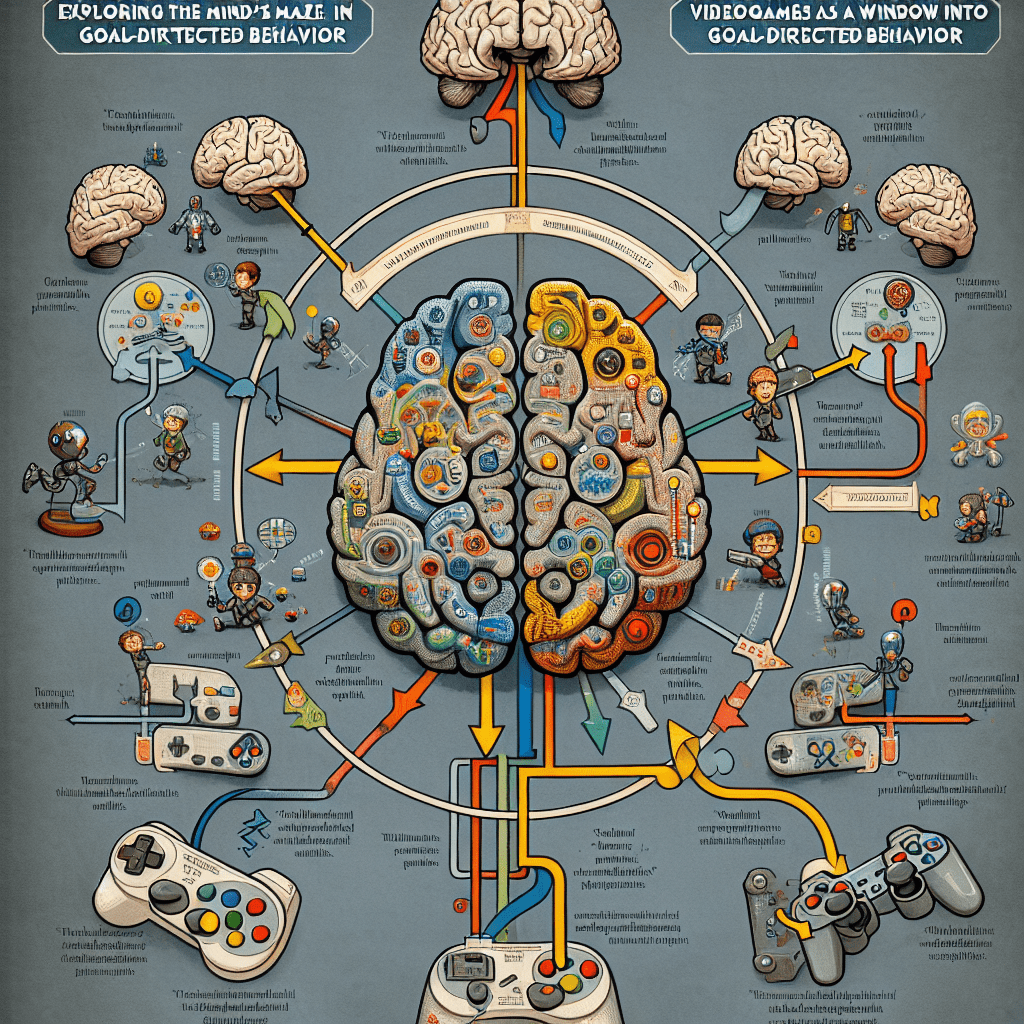— Introduction Imagine if video games could do more than entertain. What if they could help us unlock the secrets of how our minds plan, remember, and complete tasks in our day-to-day lives? In an age where digital experiences are omnipresent, researchers are turning to this medium to delve into the intricacies of human cognition. […]
Tag: Developmental neuroscience

Navigating Stormy Seas: COVID-19’s Impact on Families with Children Who Have ADHD
Introduction Picture this: a world flipped upside down by a global pandemic, where homes become makeshift schools, offices, and safe havens all at once. For families with a child diagnosed with Attention-Deficit Hyperactivity Disorder (ADHD), this wasn’t just a test of adaptability – it was a high-wire balancing act on a rope of uncertainty, stress, […]
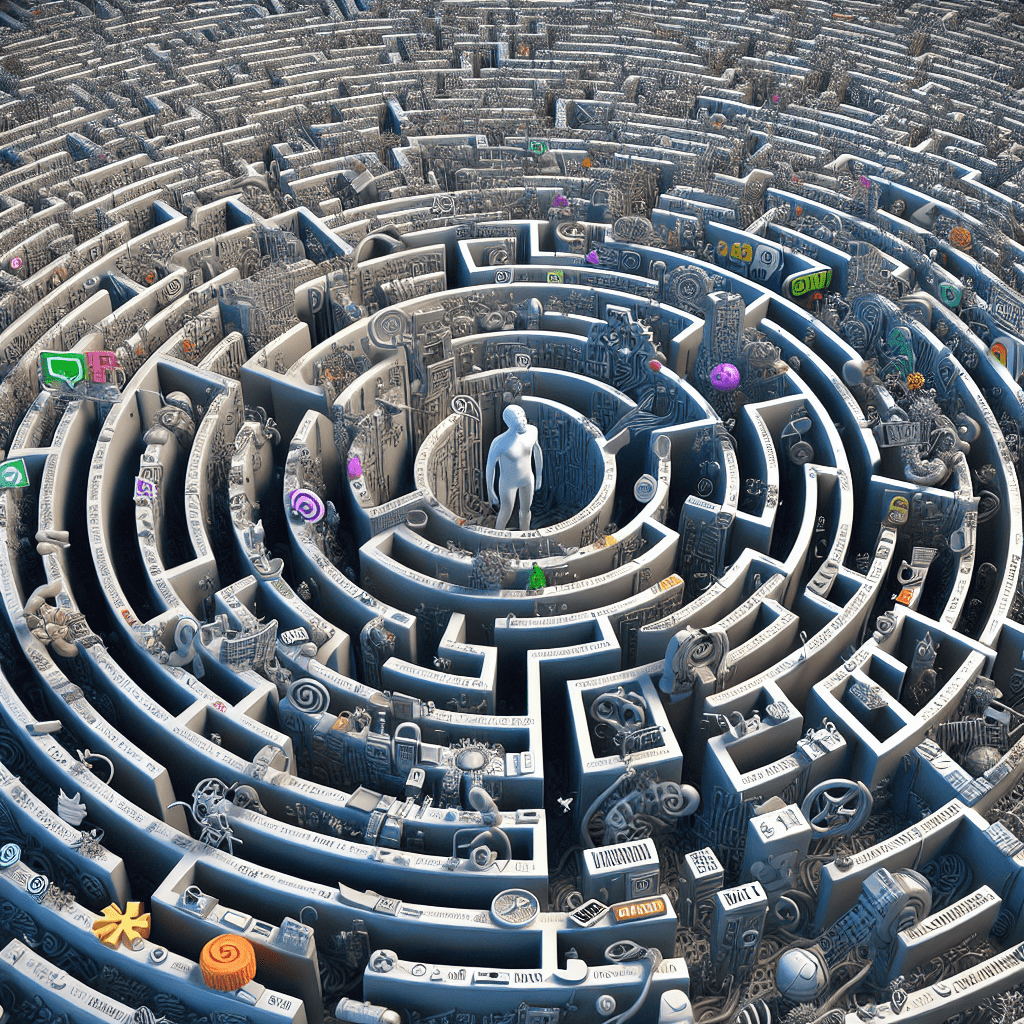
Navigating the Digital Maze: Internet Addictions Among Adults with Dyslexia
— Introduction Imagine brushing shoulders with a perplexing paradox: in a world designed to enhance connectivity, some individuals find themselves more isolated than ever. This scenario unfolds vividly in the realm of internet addiction, a gripping phenomenon where digital immersion becomes entrapment. The plot thickens when we introduce dyslexia into the equation. Dyslexia, a well-known […]
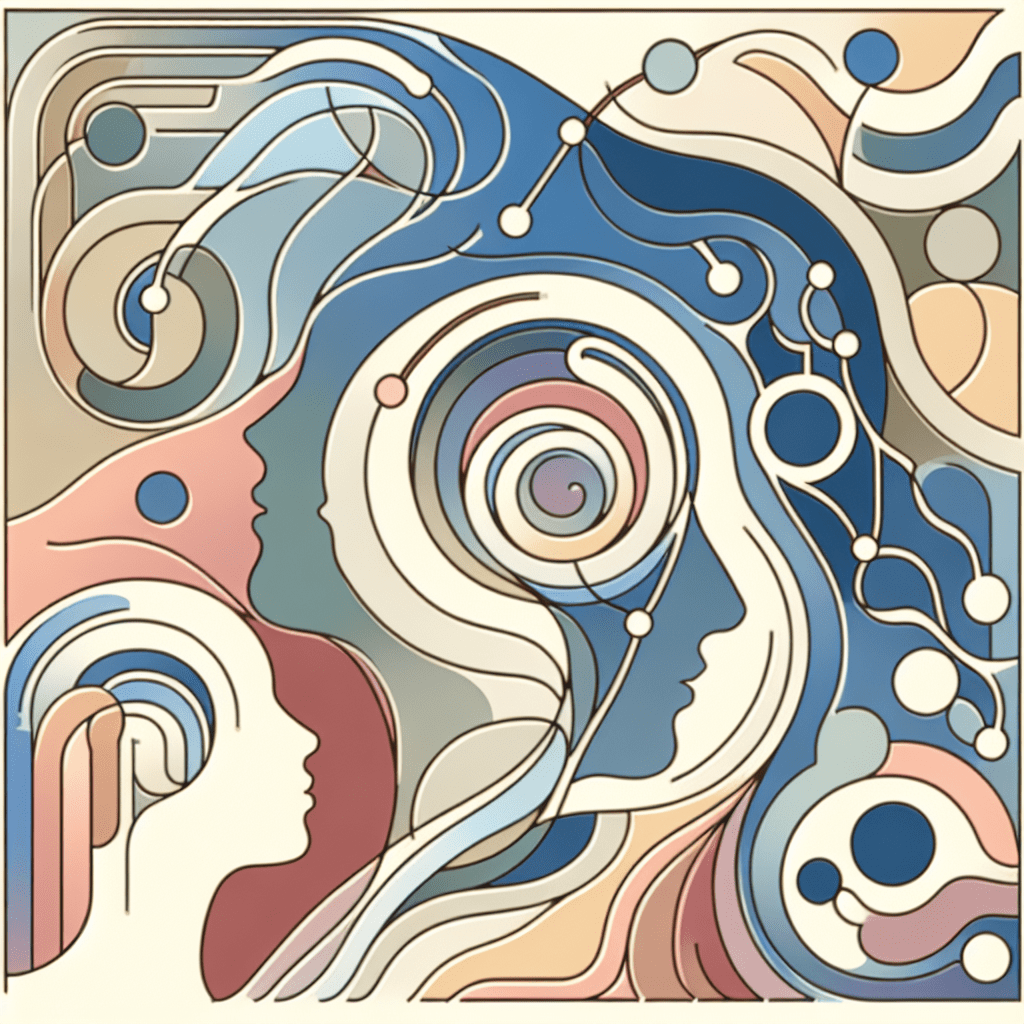
Understanding the Link Between Autistic Traits and Social Withdrawal in Young Adults
Introduction Picture a thriving metropolis buzzing with life—people rushing to work, friends meeting for coffee, and children playing in parks. Amid this vibrant scene, imagine a young adult who chooses to retreat from the world, shutting the door to social interactions and stepping into solitude. This profound social withdrawal, known as hikikomori, was first observed […]
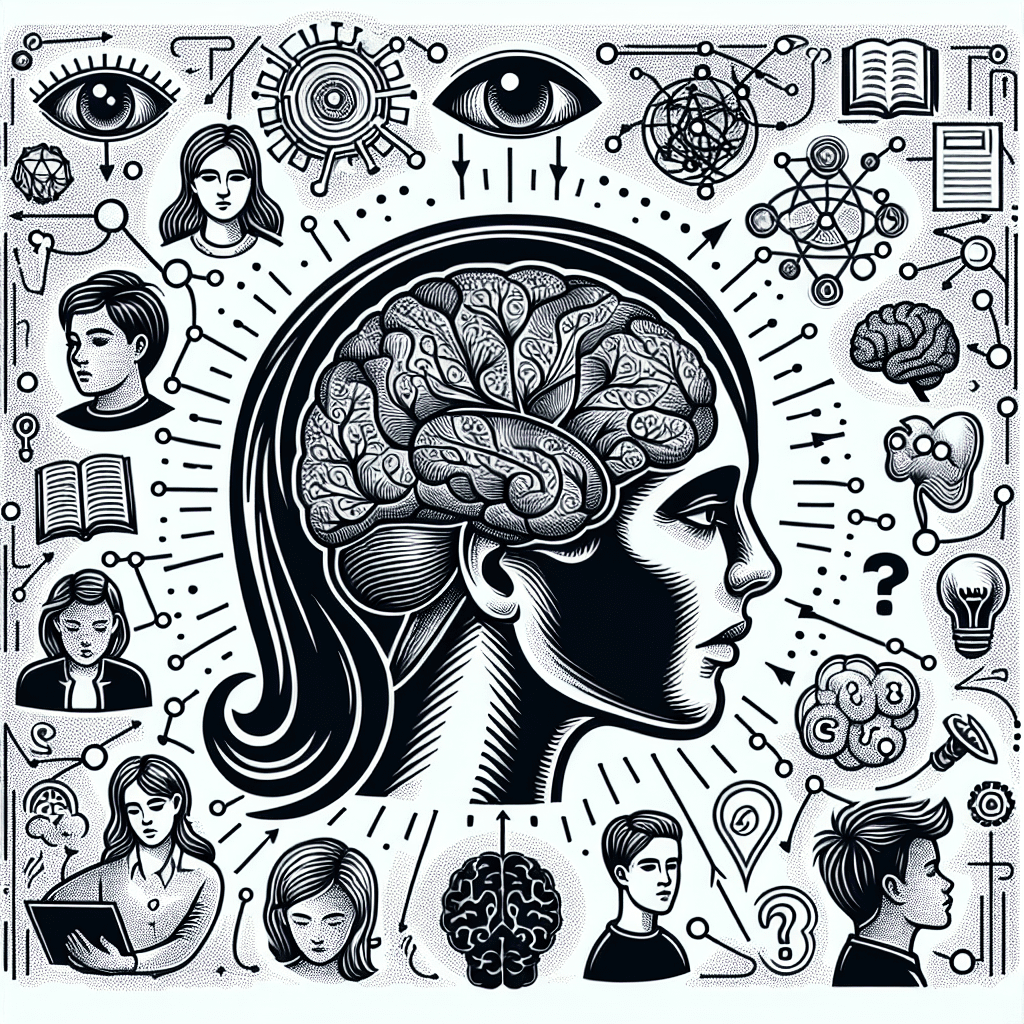
Understanding the Spectrum: Exploring Attention and Brain Connectivity in Adolescents
Introduction: Mapping the Intricacies of Attention Have you ever found your mind wandering during a conversation or felt a sudden urge to check your phone during a meeting? These fleeting moments of distraction may seem trivial, but they are part of a broader story about how we focus—or fail to. This story is the focus […]
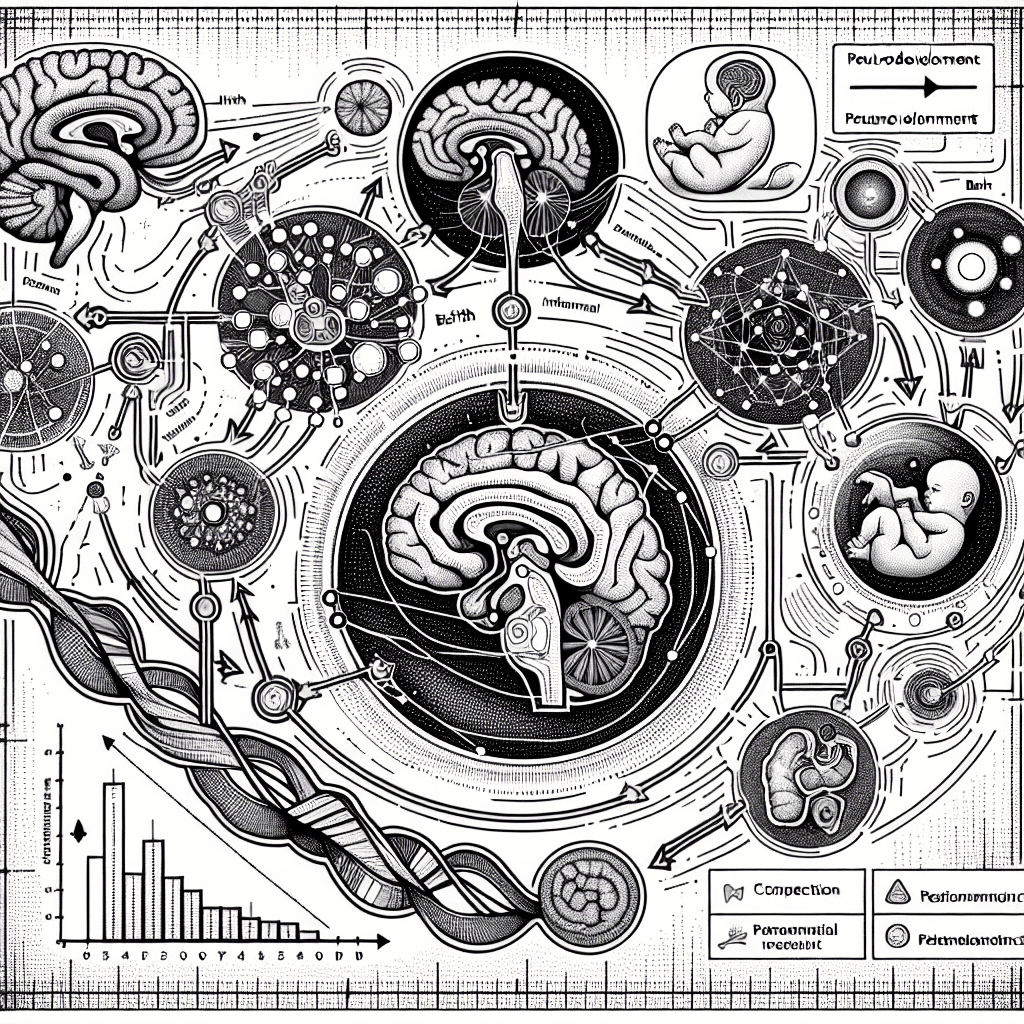
The Blueprint of Early Beginnings: How Pre-/Perinatal Factors Shape Neurodevelopment in Children
Introduction: The Hidden Prelude to a Child’s Future Imagine this: the earliest days of a child’s life, even before their first breath, quietly setting the stage for their future. In a world full of wonder and discovery, how much do these unseen moments matter? The journey of every child begins long before their arrival into […]

Emotions in Overdrive: Decoding the Role of Emotion Dysregulation in Adult ADHD**
Attention Deficit Hyperactivity Disorder (ADHD) is often depicted as a whirlwind of inattentiveness and hyperactivity that starts in childhood and can spin into adulthood. But what if there’s more than meets the eye? Behind the behavioral chaos often lies a silent orchestrator: emotion dysregulation. This intriguing research paper, ‘Evidence of emotion dysregulation as a core […]
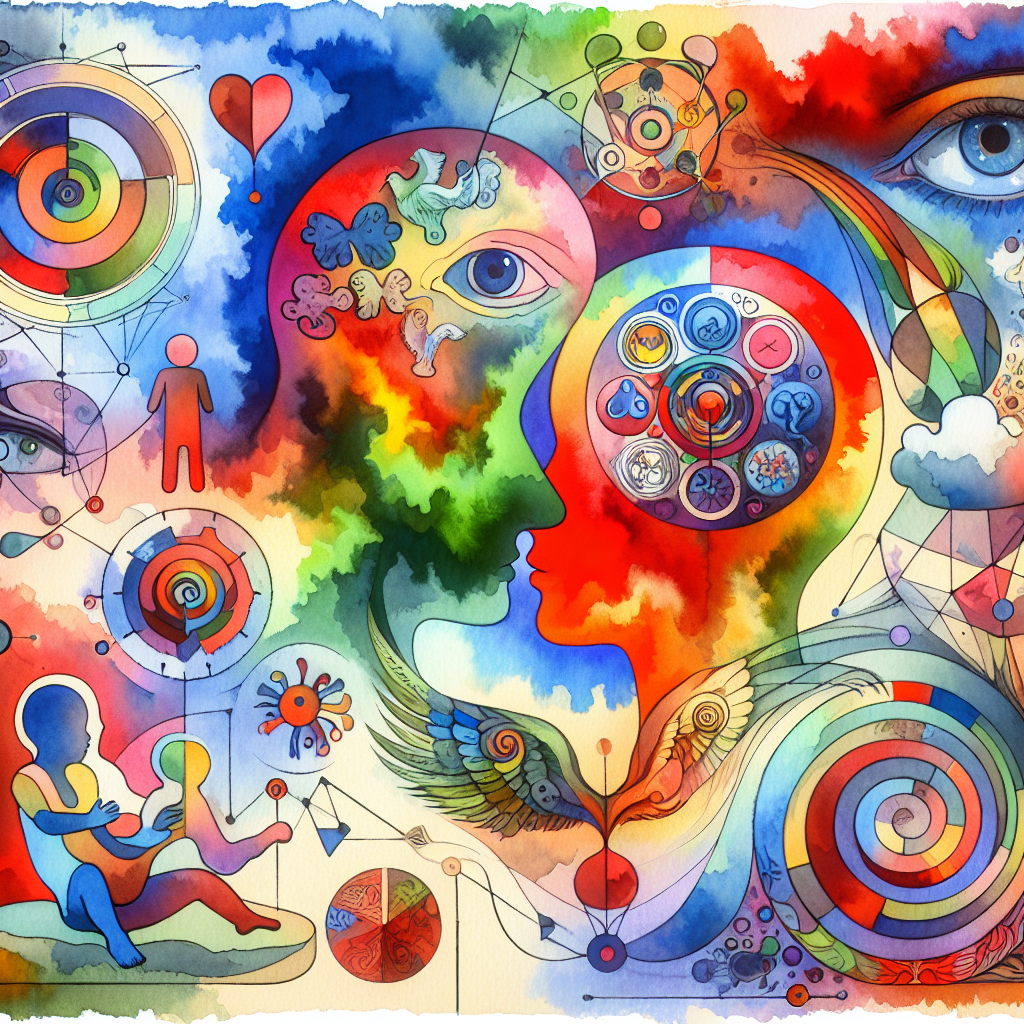
Observing the Unseen: How Early Parent-Infant Interactions Predict Childhood Mental Health
Introduction Imagine a young child taking their first steps, exploring the world around them, and babbling incoherently as parents watch with pride. These moments of early life are rich with interactions that are not only precious memories but also indicators of the child’s future mental health. Do the ways in which parents and infants communicate […]
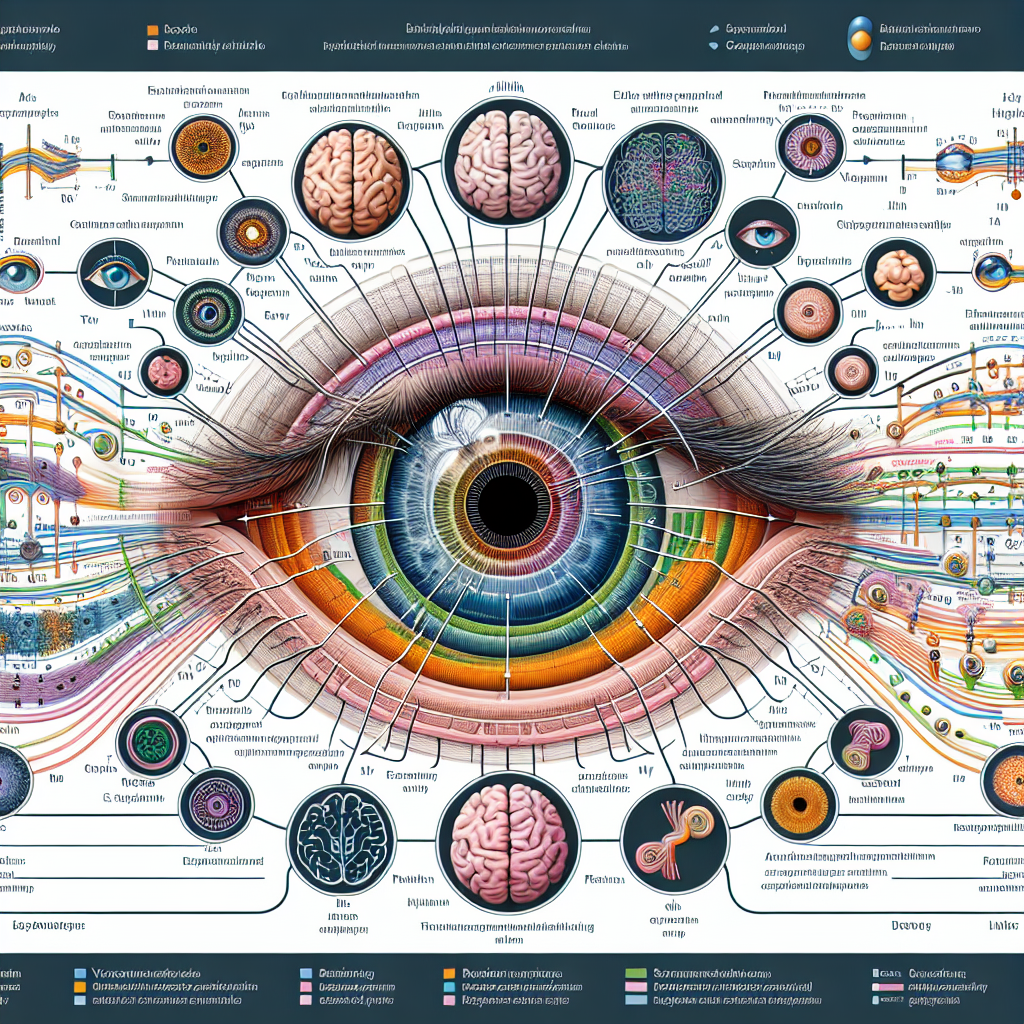
The Eyes Have It: Understanding Eye Contact and Social Interaction in Autism
Introduction: A Window to the Social World Imagine being in a room full of people, yet feeling oddly disconnected from everyone around you. For many individuals with autism spectrum disorder (ASD), this sense of disconnection isn’t just a fleeting emotion—it can be a daily reality. One of the most profound ways this disconnect manifests is […]
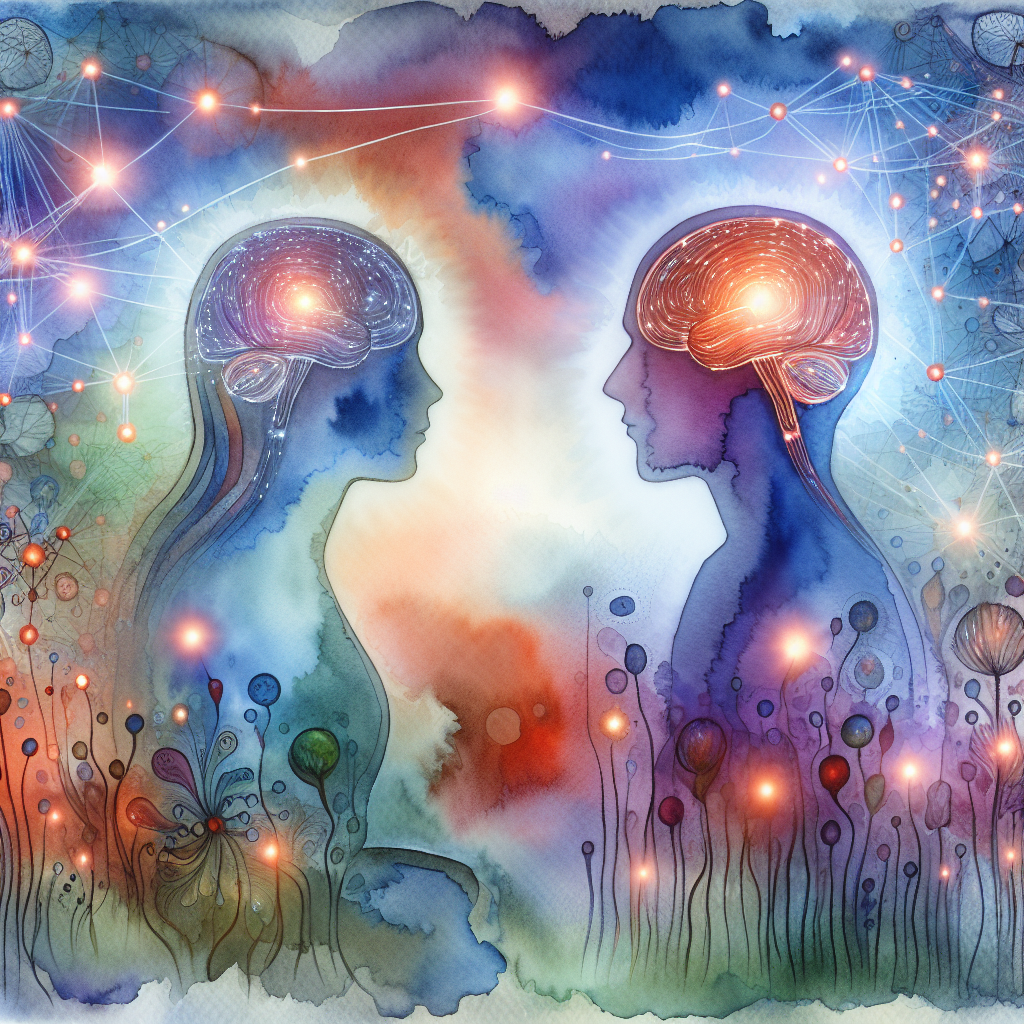
Understanding Eye Contact and Social Interactions in Autism: Unraveling Neural Mysteries
Introduction: The Eyes Have It—Or Do They? Imagine this: you walk into a room filled with people, and your eyes naturally lock onto those around you, reading a story in the flicker of a glance. Eye contact is a powerful social signal, a dance of neurons and glances that guides how we connect with others. […]
